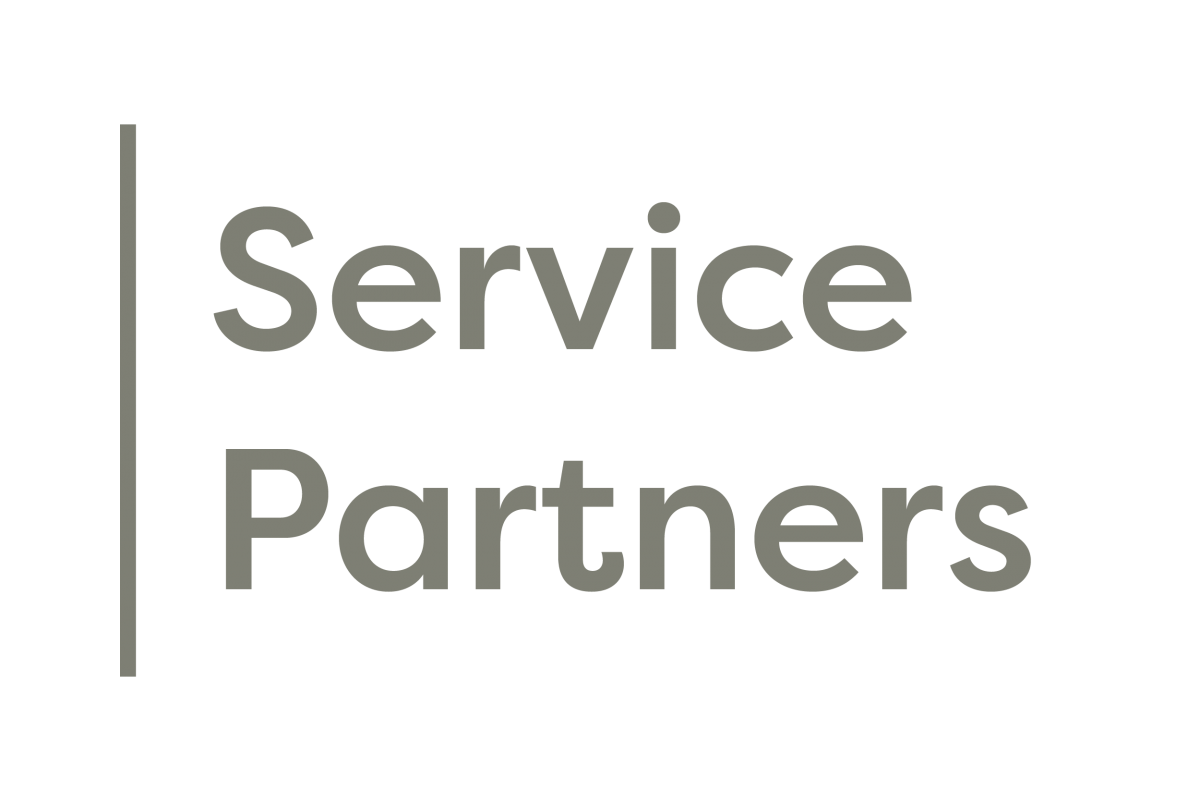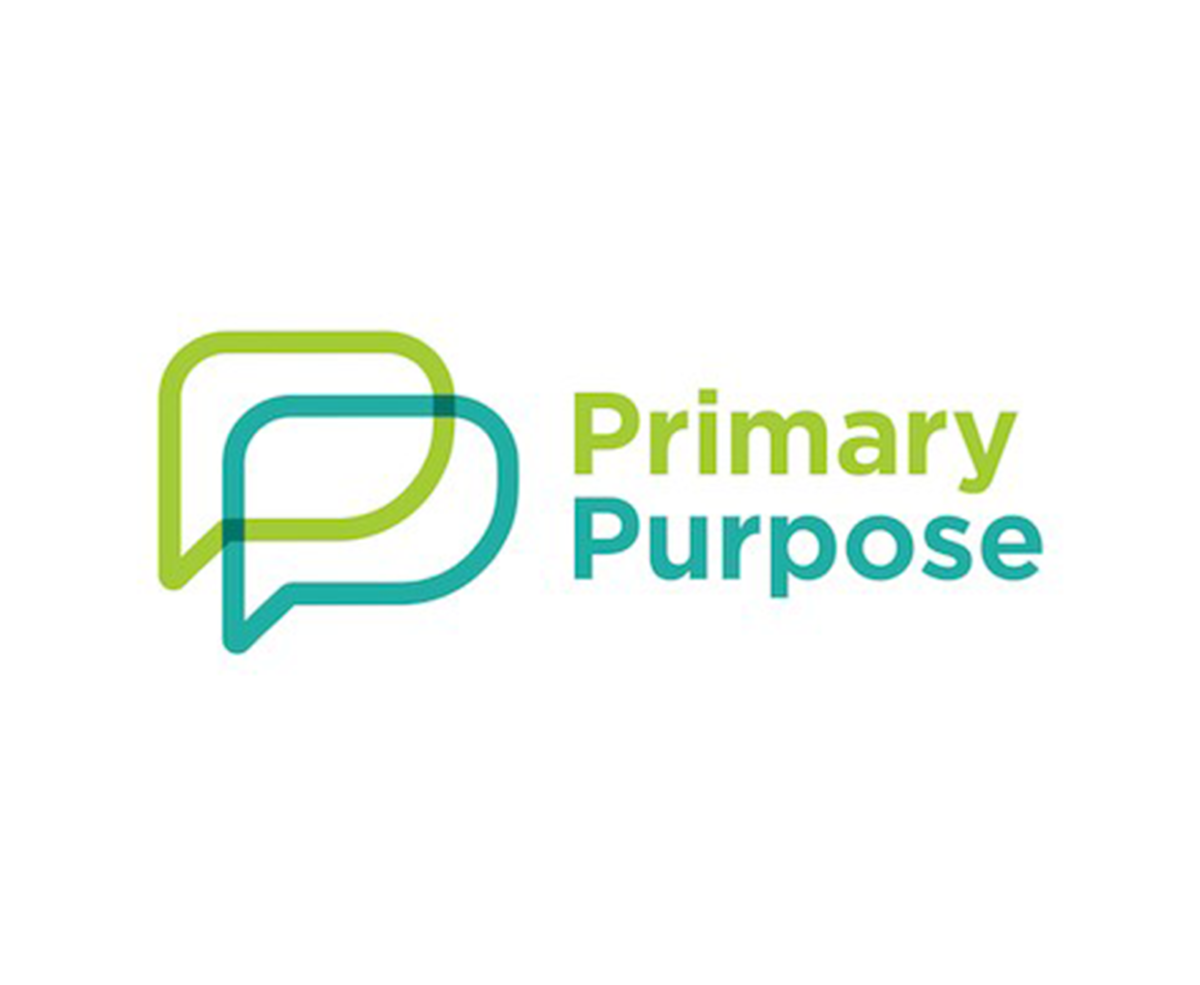I would like to acknowledge the investment that the New Zealand Scholars received prior to leaving for the Contemporary Scholars Conference (CSC). While the preparation covered a range of skills, personality assesments, and sessions with industry leaders and government officials, I would like to highlight two skills that have helped us hit the ground running at the CSC.
In particular, the reflective techniques got us off to a strong start. During our second meeting in Wellington, Hamish Gow went over some reflective strategies and gave us some material. With a little practice before we left New Zealand and our pre-CSC, we were well prepped before by the time we arrived in Ames, Iowa – though it will continue to be developed.
A noticeable example of this was during the CSC was after a fieldtrip where many scholars were focused on some of the negative aspects of the operation that wouldn’t apply in their own country. However, the conversation amongst the kiwi scholars had different tone that centred around the context and why he was farming in this manner, and why the CSC went there. My observations and reflection from this conversation helped me develop the background and why my research project area is directly relevant to primary producers.
My Global Focus Programme (GFP) group met during the CSC to plan our team rules and roles. The techniques that the New Zealanders were developing were noticed by other scholars and I’ve taken an lead in the initial reflective sessions and the format of these.
The second skill was the open questioning that Corene Walker and Hamish Gow coached us on. On our pre-CSC trip we practiced this technique often, whether expanding on the observations made in our reflection sessions, discussing how ideas could apply to our own systems, or developing our own research projects.
The coaching and practice prior to the CSC helped to internalise this skill, helping myself to think through presentations and visits, which feeds back into more concise reflective skills. I have been able to use open questioning in my own personal life outside of the Nuffield Scholarship and believe it will be helpful in farm succession discussions when I return to the Wairarapa.
Towards the end of the CSC, we had a session when we were paired up to practice open questioning. My partner had not used this structured technique before, so I was to help coach him because of our earlier introduction and previous practice. In helping my partner, it made helped myself to view the process from another aspect and be more conscious of straying from the process.
An instance where these two techniques combined was a chance meeting with the owner of restaurant that employs recovering opioid addicts. While this business was not directly involved with primary production, the discussion provided aspects of this operation I was able to consider for my own research. For instance, a field of research used to engage individuals removed marginalised from society by addiction back into the community, which reduces relapses, that could possibly be applied to engage those removed from how their food is produced.
The investment in the scholars prior to leaving New Zealand enhanced my ability to get more out of the CSC and the week prior. Furthermore, these are skills that can be applied in my personal life and will be valuable going forward.


























